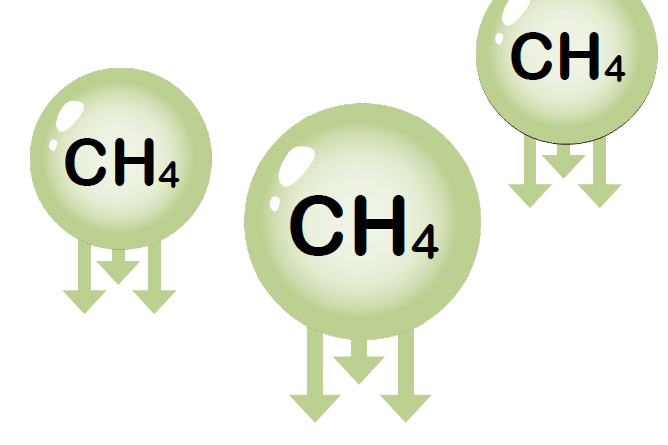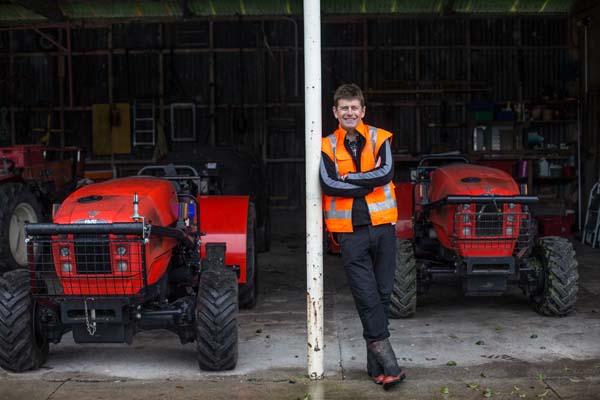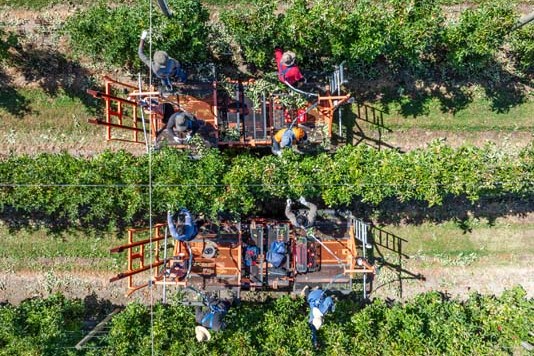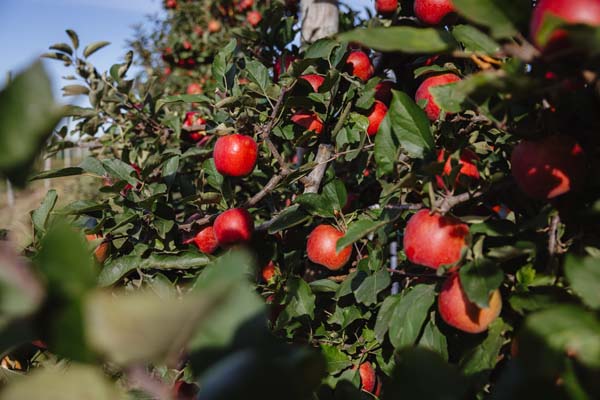Tackling the problem head-on
Kiwi farmers have long congratulated themselves on productivity and resourcefulness so are capable of changing behaviour to reduce emissions. Anne Lee reports.

 The price on agricultural emissions should incentivise the uptake of less-intensive management practices, Parliamentary Commissioner for the Environment Simon Upton says.
The price on agricultural emissions should incentivise the uptake of less-intensive management practices, Parliamentary Commissioner for the Environment Simon Upton says.
“That is how environmental taxes are supposed to work and they do work.
“But in setting the level of any levy, regard has to be given to the availability of mitigation options. “There’s little point in using economic tools to incentivise behaviour change if there are no ways to change behaviour.”
Mitigation options available now are capable of delivering reductions of about 10% but if new options arrive levies must rise to expedite their uptake, he says.
“If you don’t like levies the alternative is regulation – the mandated uptake of technologies and management practices.
“I know which I would prefer.”
As well as mitigation, land use change is also an option.
“In some cases this will be the best thing for the land and the climate.
“It may also be a way to meet our targets at lower cost.
“But let’s assume that within a decade we have a suite of tools that can get us somewhere in the 24-47% (reduction) range for livestock methane.
“We could then add to whatever progress we have made by tree planting.
“To my mind it would be preferable for the pastoral sector to be planting where it makes sense rather than witnessing wholesale land use change driven by fossil fuel emitters who have no long-term stake in that land.”
Tree planting could only ever be a part of the solution because offsetting all of the warming from livestock would require an impossibly large area, he says.
Under the Paris Agreement New Zealand has an international obligation to do as much as it can to keep the 1.5C global warming goal within reach.
It is not a credible negotiating position to say methane, our largest contribution to warming, is off-limits when we have the option to reduce it.
“As a little country we need to argue hard for international action and we have no credibility if we seek a leave pass for our largest contributor.
“Nor should we be tempted by the argument that because we are a little country it doesn’t make sense for us to develop the technologies needed to solve the world’s problems and instead, we should be a fast follower.
“Well, that might be true of concrete or steel but when it comes to agricultural emissions who are we waiting to follow?
“We have more skin in this game than others.
“We have serious research capacity.
“We have long congratulated ourselves on our productivity and resourcefulness.
“The logic all leads to the conclusion we have to tackle this problem head on.”
This is about self-interest, he says.
We have an interest in continuing to sell products to high-income markets where consumers are taking an increasing interest in the emissions profile of their food and drink.
“For all these reasons I agree with the Climate Change Commission (CCC) and Government that having targets to reduce warming from methane to below the current level is justified – how far below is up to the government with advice from CCC.”
The 24-47% reduction range by 2050 though is so wide the scale of transformation expected from the primary sector is very unclear.
“If the 2050 methane target is updated, I would encourage the Government to narrow the range.”
Even with an absence of price on biological emissions price we are seeing change in land use driven by an insatiable demand for carbon offsets as the NZ Emissions Trading Scheme (ETS) price rises,” he says.
“I have expressed grave doubts on the reliance of forestry offsets as a way of meeting emissions targets for fossil CO2.
“We should wean ourselves off this option.
“On the other hand, I have suggested using whatever forestry stock we generate to offset warming caused by our agricultural emissions might be more justifiable.”
Existing mitigation options will not achieve a 24% reduction by 2050 let alone 47%.
“It’s clear that without accelerated progress on some of these technical fixes the only way to meet the 2050 methane target is through very large reductions in stocking rates.
“So, the work being undertaken by our science and research organisations on reducing agricultural emissions is therefore a critical component of New Zealand’s climate change policy.
“We must get this right.”
In response to a question, he says he does not detect any political movement that wants wholesale destocking.
“Because people can’t imagine the economic and social dislocation.”
Economics can be used to help decide what practices are encouraged and what aren’t.
“I mentioned environmental taxes – I am a supporter of them.
“If you know a particular activity generates a particular bad then putting a price on it tends to steer people away from it.
“Just exhorting them to do it won’t.”





